Introducing your little one to the world of solids is an exciting milestone for both you and your baby. It marks the beginning of a culinary journey filled with exploration, a lot of mess, and some hilarious facial expressions when your baby experiences all those new tastes and sensations! It can also be a little overwhelming, with so much information on the internet about what you should be doing. We’ve compiled the best tips from across the web to make the journey as smooth as possible. Before we get into it, remember that there is no such thing as perfect, and everyone’s whānau is different, so use these tips as a guide to find what works for you.
Step 1: The Right Time
Timing is key when it comes to introducing solids. Most babies are ready to embark on their solid food journey around six months of age, but there are also a few other signs that indicate a baby is ready to begin to try solids. These are:
- If they can support themselves in a seated position for a period of time once in the highchair, without needing to ‘stuff’ the highchair, and without the aid of a bumbo. When a baby has enough core strength to sit on their own, this is a good indication that their digestive system muscles are strong enough for food!
- Showing interest in what you’re eating, and the disappearance of the tongue-thrust reflex. However, every baby is unique, so trust your instincts and consult with your pediatrician if you have any concerns.
- Able to hold head and neck up easily. If your baby’s head is not quite strong enough to be up by themselves for a period of time, this can become a choking hazard.
Step 2: Spoons (or hands) at the ready!
Now that you’ve got the timing down, it’s time to figure out the ‘how’. Let’s start with utensils.. If you’re going to use spoons, opt for soft-tipped narrow spoons that are gentle on your baby’s delicate gums, and can actually fit in their mouth. Your baby will be VERY interested in this spoon (potentially more than the food), so here’s a pro tip: Have two spoons ready – one that they can play with and one to feed with. You may need to continuously swap them around.
You also may have heard a lot about the two ‘main approaches’ when it comes to feeding your baby, and they are ‘baby-led weaning’ (finger food) and ‘puree’ (spoon-feeding). Some parents can be very passionate about choosing one approach with rigidity, and both options have their benefits. Oftentimes your baby will let you know which they prefer (maybe a mix of both), and you need to do whatever you are most comfortable with. If you’re stressed, the whole experience won’t be that pleasant, and ultimately the main goal is for your baby to experience the joy of food!
Step 3: Mix it up!
Where to start?! It can be a little overwhelming when deciding what to feed your baby to start them on their journey. There is so much information out there, and as our knowledge of nutrition has evolved, it can be hard to keep up! In previous generations, ‘baby rice’ was the first food of choice, but this is no longer recommended. Babies need nutrient-dense whole foods to meet their nutritional needs as well as giving them an understanding of the texture and taste of different un-processed foods. Here are some great starter foods recommended by Boob To Food.
- Soft ripe avocado, in either finger length/shape size slices (skin removed) or mashed avocado (completely smooth, no lumps) loosened with breastmilk, water or formula.
- Baked or steamed sweet potato or butternut pumpkin (or really any other vegetable stick) in coconut oil, again in either finger length/shape size slices (skin removed) or pureed until completely smooth and you can loosen with breastmilk, water, formula or homemade bone broth (which will further aid digestion).
- Bone broth; a beautiful nourishing beverage rich in collagen which helps to seal your babies developing gut lining.
- Once your baby has had a couple of weeks of low allergenic foods and no issues, you can introduce egg yolk to their diet (save the egg white until around 9 months as the white contains the proteins that are linked to allergies and sensitivities). Egg yolks make a wonderful first food for babies (after the introduction of a few non allergenic foods). They contain an easily absorbable iron (heme iron) that babies start to require more of around the time solids are introduced. Pasture raised eggs are better if possible, as they contain the powerful fat needed for babies brains, DHA.
When it comes to what to feed your little one, variety is key. Remember, this is your chance to mould your child’s palate, so don’t be afraid to get creative in the kitchen!
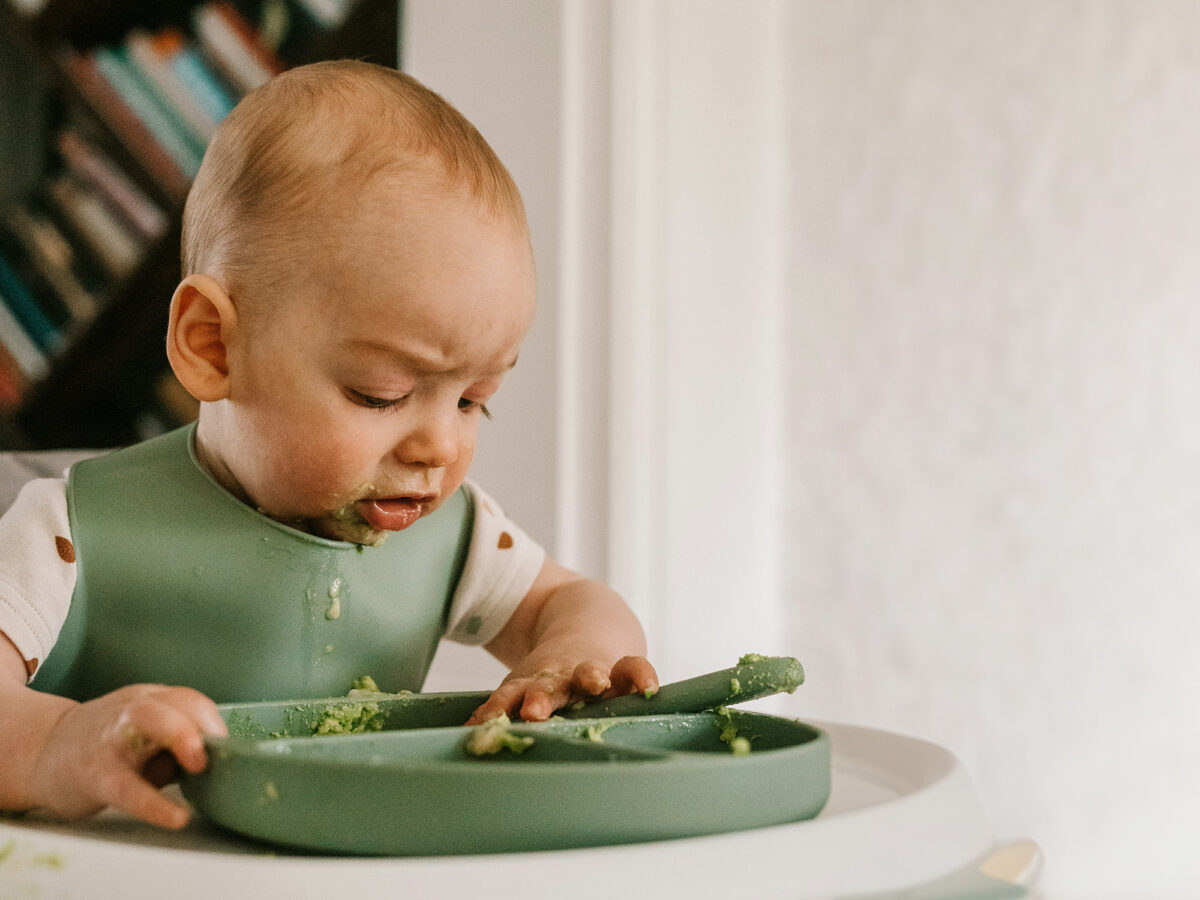
Step 4: Embrace the Mess
Babies and mess go hand in hand. To be honest, there’s no avoiding it, so don’t be afraid to let your little one get stuck in and explore the textures and tastes of their food. Embrace the messiness – it’s all part of how they learn. Another pro tip: If the high-chair cleaning gets too much, pop it all in the shower to rinse, and dry it in the sunshine.
Step 5: Safety First
While introducing solids is an exciting milestone, safety should always be a top priority. Make sure to supervise your baby during feeding times and avoid foods that are too hard or that pose a choking hazard. Cut foods into small, manageable pieces and always test the temperature of hot foods to prevent any accidental burns.
Step 6: Go with the Flow
Last but not least, try to relax and go with the flow. Remember that every baby is different, and what works for one may not work for another. Some babies take to solids like a duck to water, while others may need a little more time to warm up to the idea. Be patient, trust the process, and enjoy the journey together.






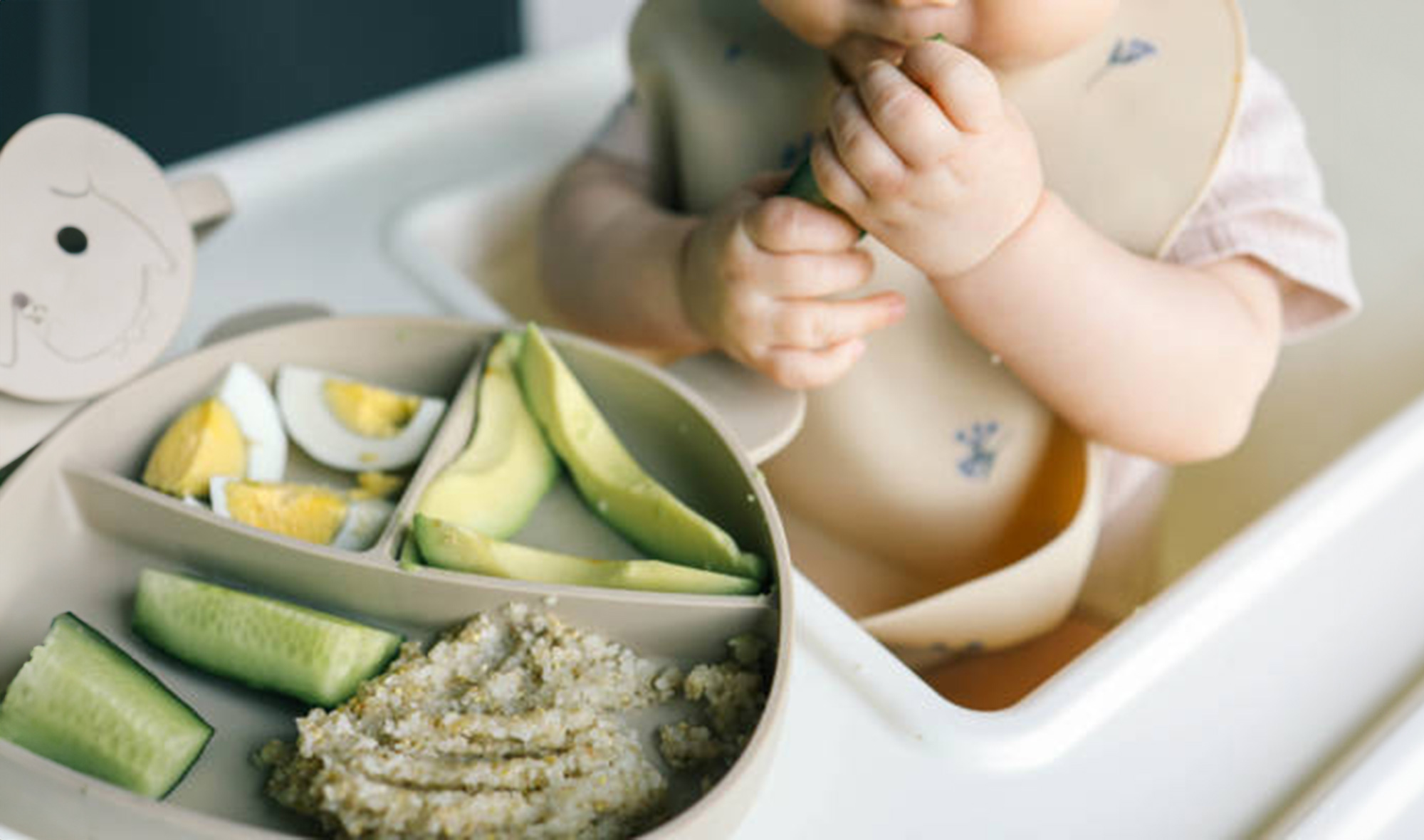

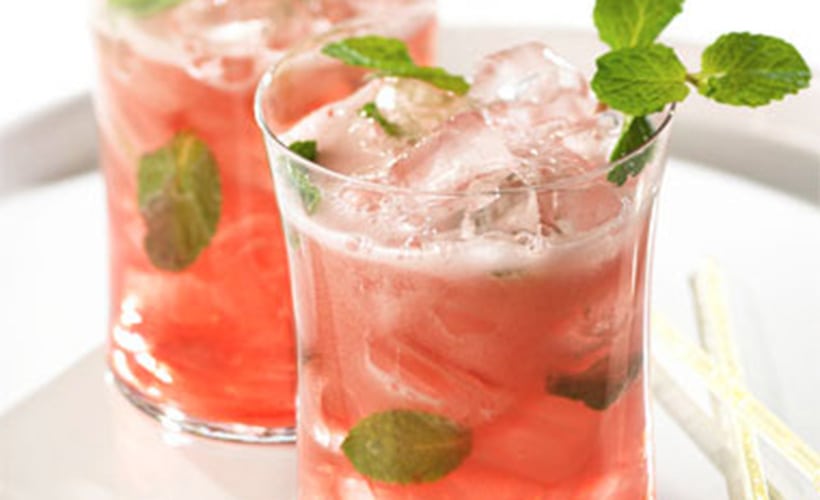

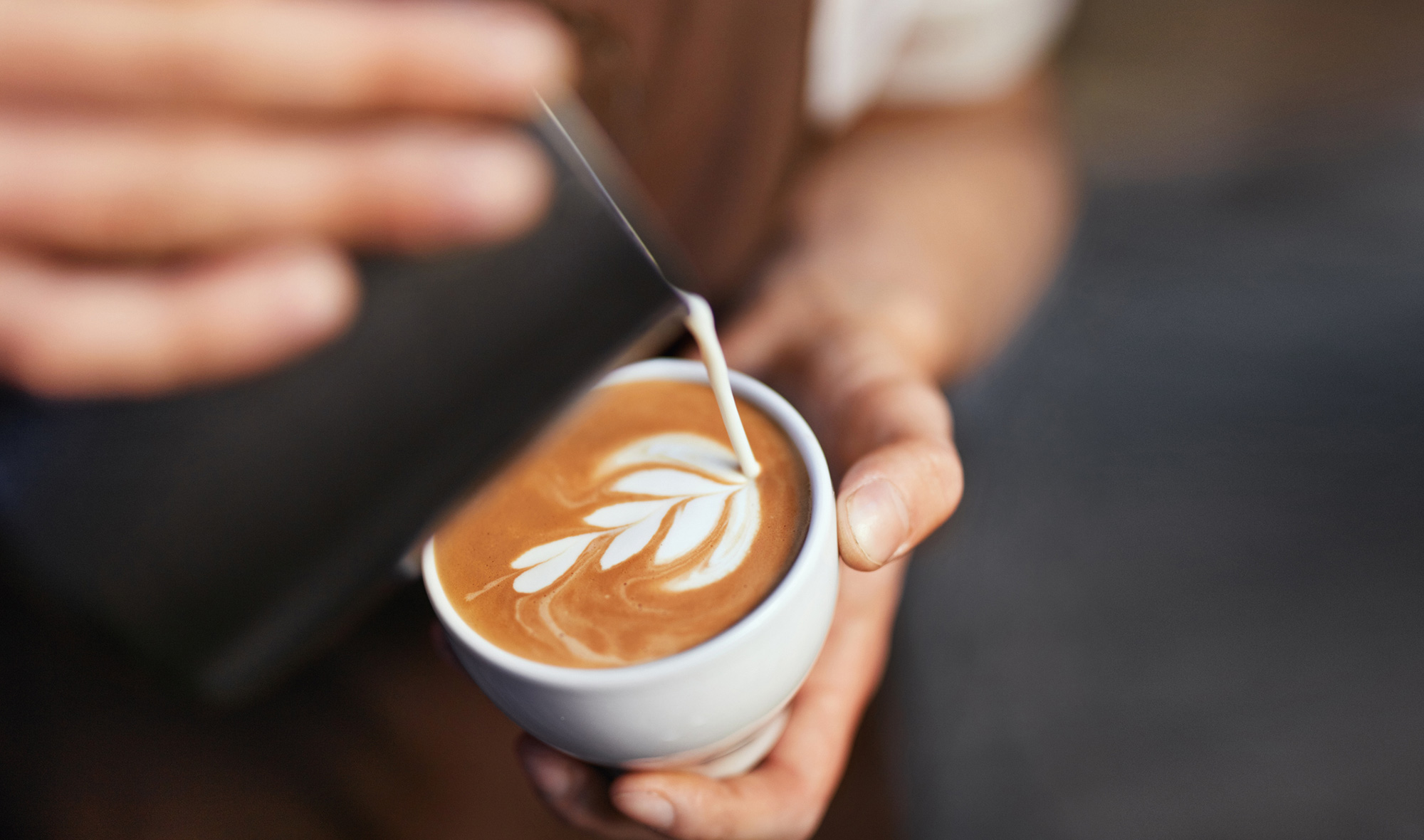
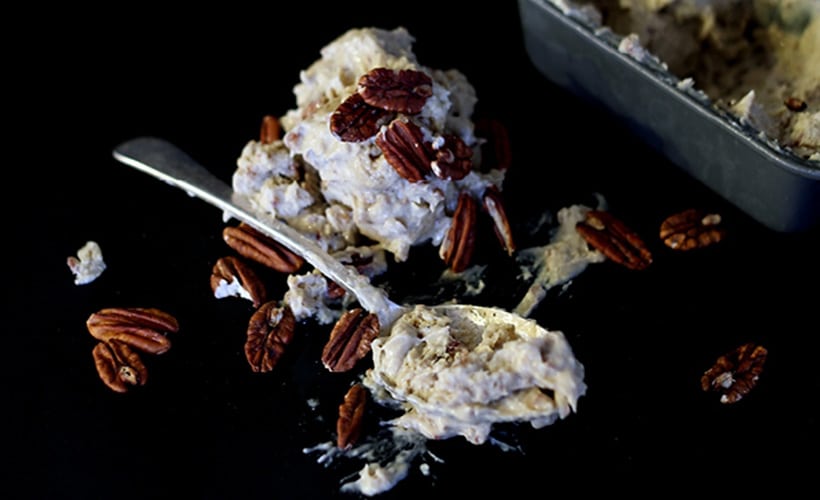




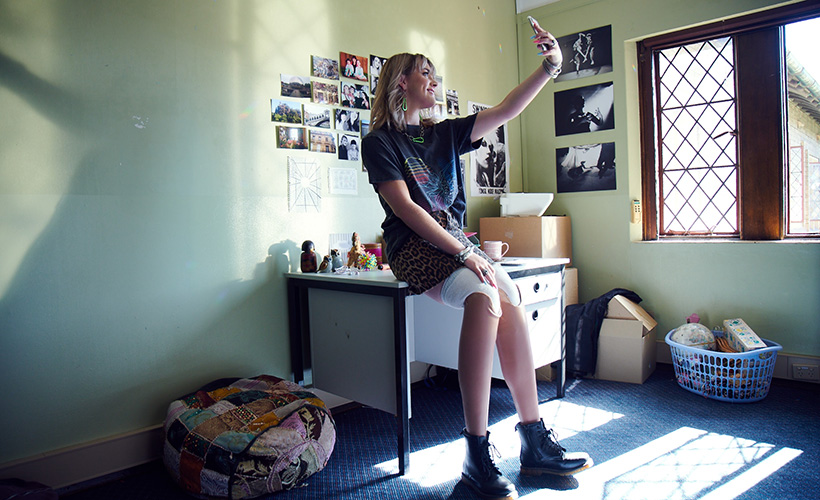
Community